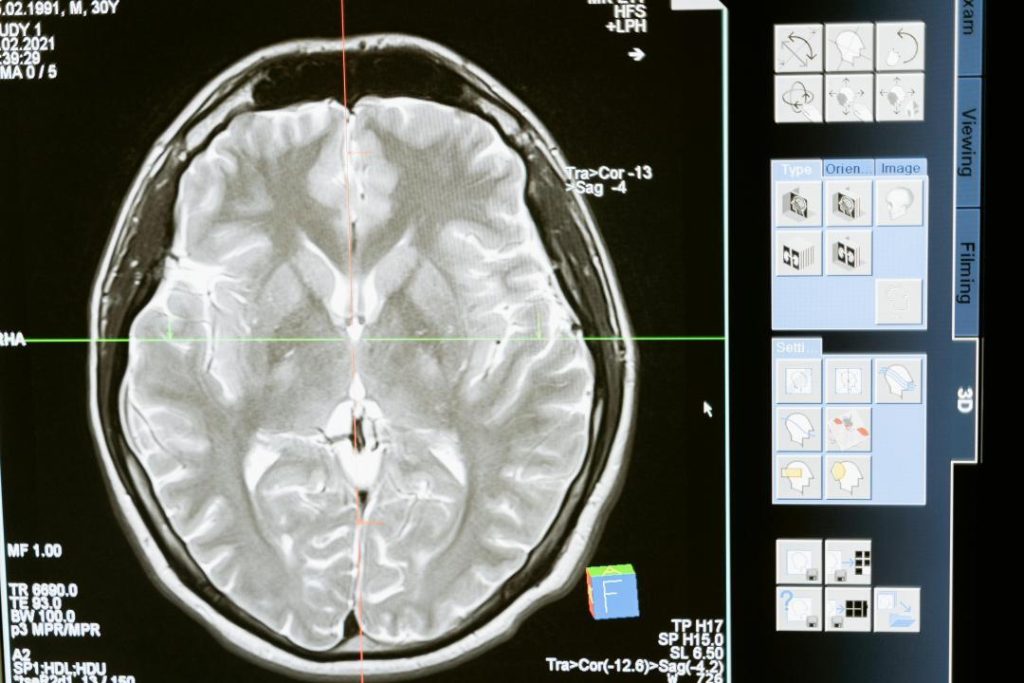
Brain Cells Improve Obesity Drug Effects: Study
Obesity is a growing health concern worldwide, with millions of people struggling to maintain a healthy weight. While various treatments are available, many of them have limited success rates and unpleasant side effects. However, researchers have made a breakthrough discovery that may revolutionize the way we tackle obesity. A recent study published in Cell Metabolism reveals that brain cells called oligodendrocytes can significantly improve the effects of obesity drugs by activating the GIP receptor.
The study, conducted by a team of scientists from the University of California, San Diego, found that when the GIP receptor was activated in oligodendrocytes, the drugs reached appetite and weight-control circuits in the brain more effectively. This discovery has the potential to enhance the benefits of GLP-1 therapies and lead to stronger obesity treatments.
Obesity is a complex condition that affects not only physical health but also mental well-being. It is often the result of a combination of genetic, environmental, and lifestyle factors. While there are various treatments available, including diet and exercise, many people struggle to achieve and maintain weight loss. This is where obesity drugs can play a crucial role.
GLP-1 (glucagon-like peptide-1) therapies are a type of medication that helps regulate appetite and blood sugar levels. They work by mimicking the action of a natural hormone in the body, which signals fullness and reduces appetite. While GLP-1 therapies have shown promise in treating obesity, they are not without their limitations. One of the main challenges is that they can be ineffective in some individuals, and their effects may wear off over time.
To address these limitations, researchers have been exploring new ways to enhance the effectiveness of GLP-1 therapies. The recent study published in Cell Metabolism provides a significant breakthrough in this area. The scientists found that activating the GIP receptor in oligodendrocytes can significantly improve the effects of GLP-1 therapies.
Oligodendrocytes are a type of brain cell that plays a crucial role in maintaining the health of nerve fibers. They are responsible for producing a fatty insulating substance called myelin, which surrounds and protects nerve fibers. While oligodendrocytes are not typically associated with appetite and weight control, the researchers found that they can play a key role in the action of GLP-1 therapies.
The study involved a series of experiments using mice that were genetically engineered to lack the GIP receptor in their oligodendrocytes. The researchers found that these mice were resistant to the effects of GLP-1 therapies, and their appetite and weight remained unchanged. However, when the GIP receptor was activated in the oligodendrocytes, the mice responded to the treatments, and their appetite and weight decreased significantly.
The researchers believe that the GIP receptor in oligodendrocytes plays a critical role in regulating appetite and weight control by modulating the activity of appetite and weight-control circuits in the brain. They hypothesize that by activating the GIP receptor, GLP-1 therapies can reach these circuits more effectively, leading to improved weight loss and reduced appetite.
The implications of this discovery are significant. If confirmed in human studies, it could lead to the development of more effective obesity treatments that are easier to administer and have fewer side effects. Additionally, the study highlights the importance of oligodendrocytes in maintaining the health of the brain and highlights the potential for new therapeutic targets in the treatment of obesity.
While more research is needed to confirm the findings of this study, the discovery has the potential to revolutionize the way we approach obesity treatment. As the global obesity epidemic continues to grow, it is essential that we develop more effective and sustainable treatments that can help individuals achieve and maintain a healthy weight.
In conclusion, the recent study published in Cell Metabolism has made a significant breakthrough in the treatment of obesity. By activating the GIP receptor in oligodendrocytes, researchers have found a way to improve the effects of GLP-1 therapies and potentially lead to stronger obesity treatments. This discovery has the potential to enhance the benefits of GLP-1 therapies and lead to more effective and sustainable weight loss solutions.
Source:
https://thepfc.club/blogs/news/a-new-discovery-in-weight-loss-science






